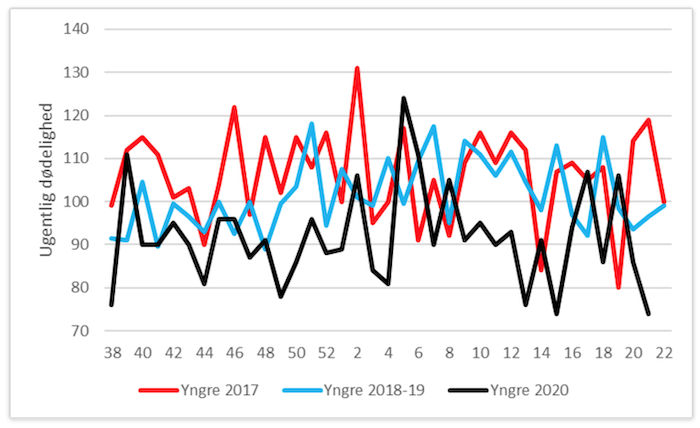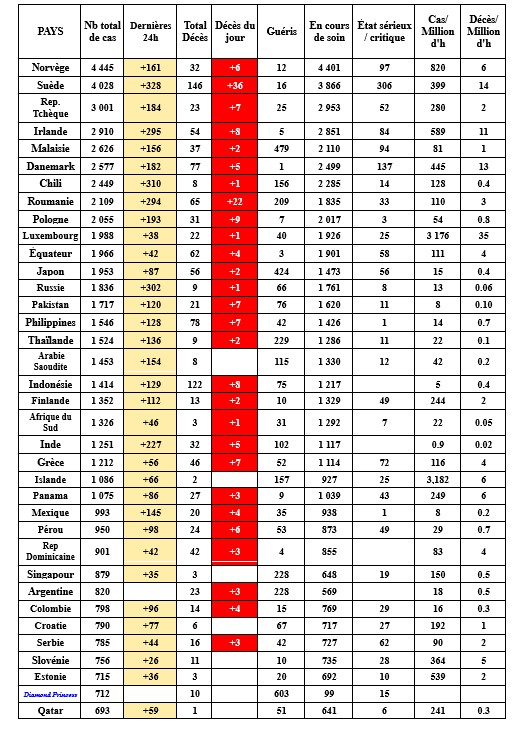

Of those, 77 are considered “high risk,” she said, adding the group has been asked to remain at home and monitor their health.Īuthorities in Kozhikode have shut some schools in the district, its district collector said in a statement Wednesday. So far in Kerala, more than 700 people have been identified as close contacts and are being tested for the virus, the state’s health minister Veena George told reporters on Wednesday. There is no vaccine, and treatment is limited to supportive care.

Residents fix a sign reading, "Nipah containment zone," in the Kozhikode district of Kerala, India, on September 13.

It can also cause acute respiratory syndrome – where the lungs cannot get enough oxygen to the body – and fatal encephalitis, an inflammation of the brain. Symptoms often begin with a headache and drowsiness but can quickly transform into a coma within a matter of days, the CDC says. Infection with the virus can cause mild to severe disease, according to the US Centers for Disease Control and Prevention (CDC). However, it can also be transmitted through contaminated food or directly between people. Nipah is a zoonotic virus transmitted from animals to humans, according to the World Health Organization (WHO). “We should not be afraid, but face this situation with caution,” Vijayan wrote on social media. Two people have died from the virus, he said in a statement Wednesday, the state’s fourth outbreak since 2018. Kerala’s chief minister Pinarayi Vijayan said the virus has been detected in the state’s Kozhikode district, urging residents to exercise caution and follow the health department’s safety guidelines. A state in southern India is taking measures to contain an outbreak of the Nipah virus after two people died from the rare and often deadly disease, shutting schools and testing hundreds to prevent its spread.


 0 kommentar(er)
0 kommentar(er)
